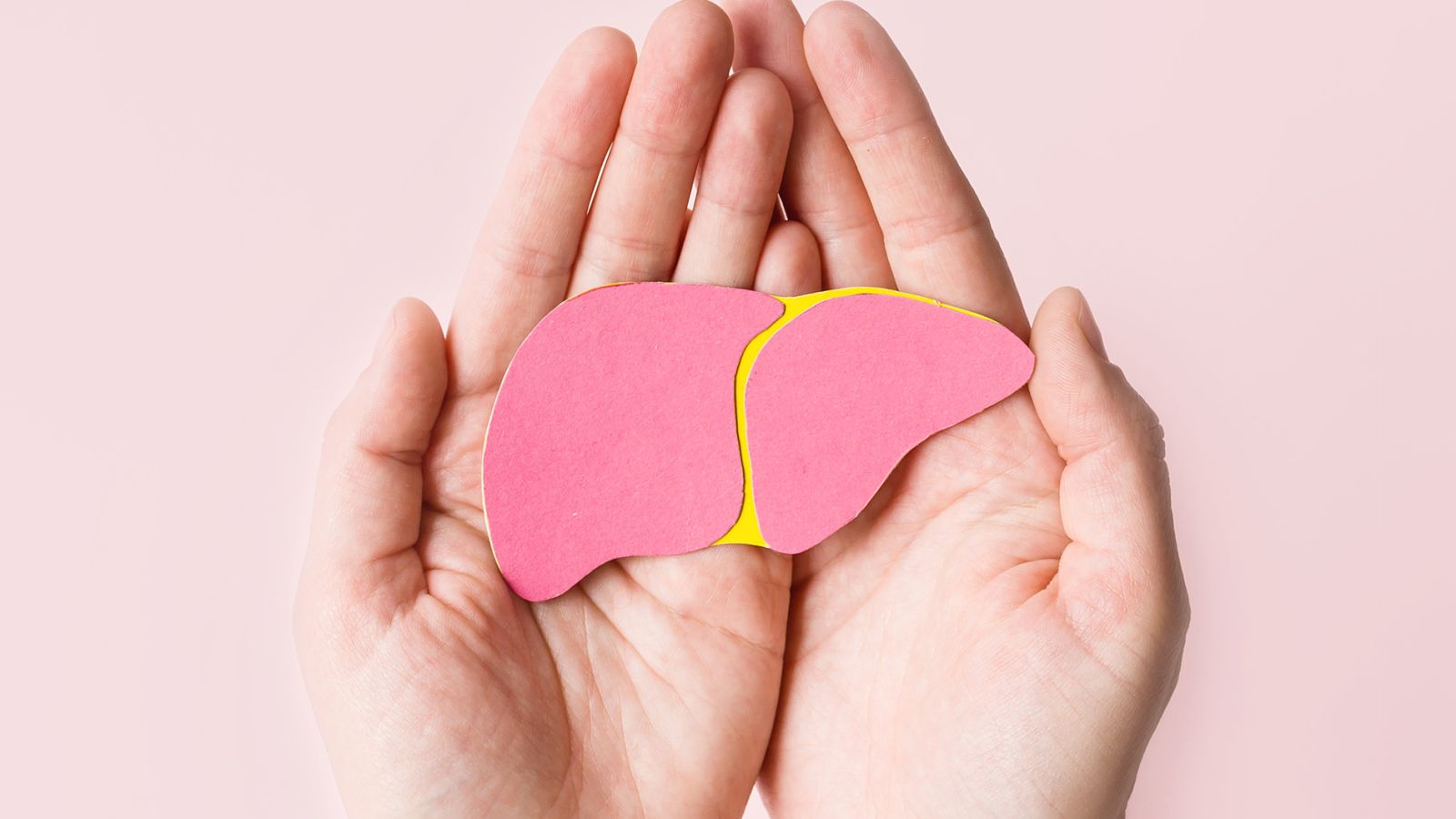The Questions:
[Q1]: O Shaykh, you mentioned in a previous lecture that a person should benefit by seeking knowledge from the Scholars of ahl al-sunnah wal-jamāʿah, the other way is that he benefits from books, so what are the books that you advise the beginner to study?
[Q2]: We do not have scholars in this country (America), if a student speaks Arabic well and receives the tapes of the Scholars and studies them, is this to be equated with the one who sits at the feet of the Scholars?
[Q3]: What is our position towards those books (from ahl al-sunnah) which have been translated or authored by ahl-bidʿah?
[Q4]: In regards to those books translated by the opponents of the Sunnah, we have brothers amongst us who graduated from Madīnah University and are able to check the translations, so how should we approach this?
[Q5]: We know that Allāh has decreed that certain people will reach a certain level of knowledge, however, how do we determine that someone is a major scholar. Is it because he memorised a lot, understands books, his age, his fear of Allāh or is it because other Scholars say he is a Scholar or perhaps all of these things together?
[Q6]: What is the ruling on the child who was born out of fornication; please explain this issue in detail and in general?
[Q7]: Seeing that the child is one of zināʾ, then is it permissible for the mother to go to the courts and seek child support (since the kuffār courts recognises the zanī as the father)?
[Q8]: Dear Shaykh, We are a small group of Salafīs brothers in the USA (Atlanta), we used to be one masjid, and then there occurred between us a fitnah, a split between the administration and the Imām who was with the common-folk. Some of the people thought this came about because the administration was 1) Harsh, 2) Squandering Money 3) Acting as the Leaders of the Muslim Land, 4) Not being truthful. The people and the administration felt that due to the ongoing efforts of some of the common people seeking leadership, petitioned to overthrow the leadership. As a result, the masjid was split, another masjid was set up 20 or 30 minutes away, and enmity and hatred appeared. This led to boycotting, name-calling, threats, distrust, and isolated occurrences of ḥizbiyyah. What do we do know O Shaykh, do you advise us to peacefully coexist in two separate masjids, cooperating in spreading the daʿwah, or to go back to the old masjid with the old administration, or do we go back to the old masjid with a new administration, if so, how do we go about doing this?
[Q9]: We affirm that the manhaj of ahl al-sunnah is to distance ourselves from and abandon ahl-bidʿah, but how then do we deliver the daʿwatus-salafīyyah to them?
[Q10]: Is it permissible for a Salafī to pray in a masjid that isn’t Salafī even if they were to live next to it and there is no Salafī masjid in that vicinity?
[Q11]: Should a specific hand be used to wash one’s foot during wuḍūʿ?
[Q12]: A man divorced his wife (the third divorce), then he comes to the Imām or one of the students of knowledge and says ‘I have doubts about my first divorce as it may have been out of anger’ or ‘she was on her menses’. What should we do, O Shaykh?
[Q13]: Please clarify to us the issue of ‘anger’, is that anger that makes one crazy, or the anger that makes one forget what one said, or is it the anger that one feels day to day like with one’s wife?
[Q14]: In regards to the one who marries and then divorces, is it permissible to go to the courts to seek financial support for these children?
[Q15]: What do we do if one from the masājid of ahl-bidʿah asks a student of knowledge to give a lecture or classes in their masājid with no conditions (from any book or topic), can he go there and give those classes?













